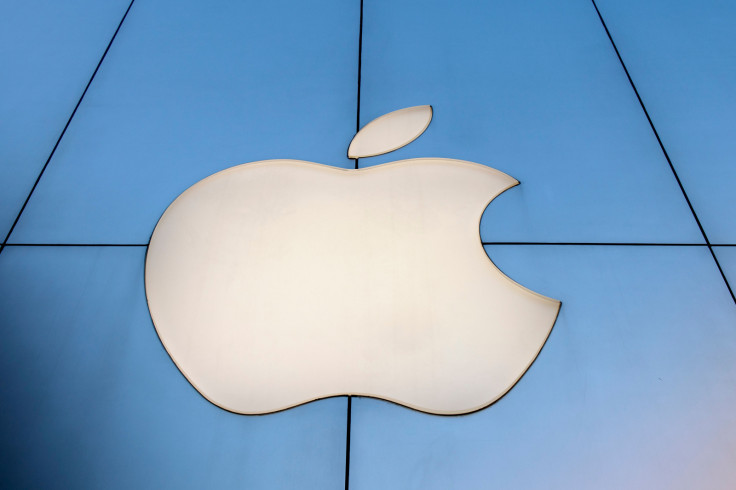Would Apple really buy 5G modems from Huawei?
Apple's 5G situation looks bleak, but would it really buy chips from one of its top rivals?
Huawei is one of Apple's (NASDAQ:AAPL) fiercest rivals in China. The Chinese tech giant controlled 28% of the country's smartphone market in the fourth quarter of 2018, according to Counterpoint Research, compared to Apple's 12% share.
Huawei is also one of the world's largest manufacturers of telecom equipment and networking hardware. It produces some of the chips and modems for its own phones, which reduces its dependence on third-party chipmakers like Qualcomm (NASDAQ:QCOM).
However, Huawei doesn't come without its concerns. Its dominance of multiple communications markets, close ties with the Chinese government, cybersecurity and espionage concerns, and allegations of sanctions violations and intellectual property theft sparked a ban on its networking-equipment products at U.S. federal agencies last year. This dispute, which remains a flashpoint in trade talks between the U.S. and China, probably won't be resolved anytime soon.
Which is why it was surprising when Huawei recently declared that it was "open" to selling its new 5G Balong 5000 modems to just one American company -- Apple. Apple hasn't expressed any interest in accepting Huawei's offer, but it could resolve one of its biggest problems.
How Huawei could solve Apple's problems
Huawei, Samsung (NASDAQOTH:SSNLF) and Qualcomm are currently the only three chipmakers that have released 5G modems. Qualcomm was Apple's longtime modem supplier, but escalating legal disputes over the past two years led to an ugly divorce. Apple stopped buying modems from Qualcomm and shifted all its orders to Intel (NASDAQ:INTC).
However, Intel's 4G modems weren't as fast as Qualcomm's and its 5G modems probably won't arrive until 2020. This means that the first 5G iPhones will arrive about a year after 5G Android devices hit the market. To make matters worse, Intel's ongoing chip-production issues indicate that its 5G modem production could still hit additional delays next year.
Meanwhile, Samsung refused to sell its 5G modems to Apple, citing a short supply of its Exynos 5100 chips. The only other major modem maker, MediaTek, probably won't release its 5G chipset until 2020.
Apple is reportedly unhappy with Intel's sluggish progress but doesn't have any viable options left except for Huawei. Huawei clearly realizes this and sees an opportunity to extend what appears to be an olive branch to Apple and the U.S. government.

But would Apple take Huawei's offer?
Apple is falling behind the 5G curve while its iPhone sales are tumbling. Its iPhone sales fell 15% annually last quarter due to longer upgrade cycles and tough competition in higher-growth markets like China.
TF International Securities analyst Ming-Chi Kuo expects iPhone shipments to fall between 5% to 10% in 2019, and the situation could worsen in 2020 if Intel fails to launch its 5G modem. Therefore, Huawei's offer likely sounds enticing to Apple.
The American government is concerned about Huawei's business practices and the Chinese government's demands on U.S. tech companies, but Apple probably isn't. The company already pulled VPN apps (which let Chinese users access sites normally blocked by the government) from its App Store, opened data centers in China to store the personal data of Chinese users for the government, removed politically charged songs from Apple Music, and even deleted an emoji of the Taiwanese flag from Chinese iPhones.
If Huawei wasn't being scrutinized by the U.S. government, Apple might take its offer in a heartbeat. However, U.S. regulators could block the deal by citing concerns about IP theft and espionage, and the subsequent PR blowback could tarnish its brand.
Therefore, it seems unlikely that Apple will buy Huawei's modems. Huawei clearly hopes the offer can defuse its conflict with the U.S. government, but it would be wiser for Apple to make peace with Qualcomm than tether itself to the Chinese tech giant.
This article originally appeared in The Motley Fool.
Leo Sun owns shares of Apple. The Motley Fool owns shares of Apple and Qualcomm and has the following options: long January 2020 $150 calls on Apple and short January 2020 $155 calls on Apple. The Motley Fool has a disclosure policy.





















